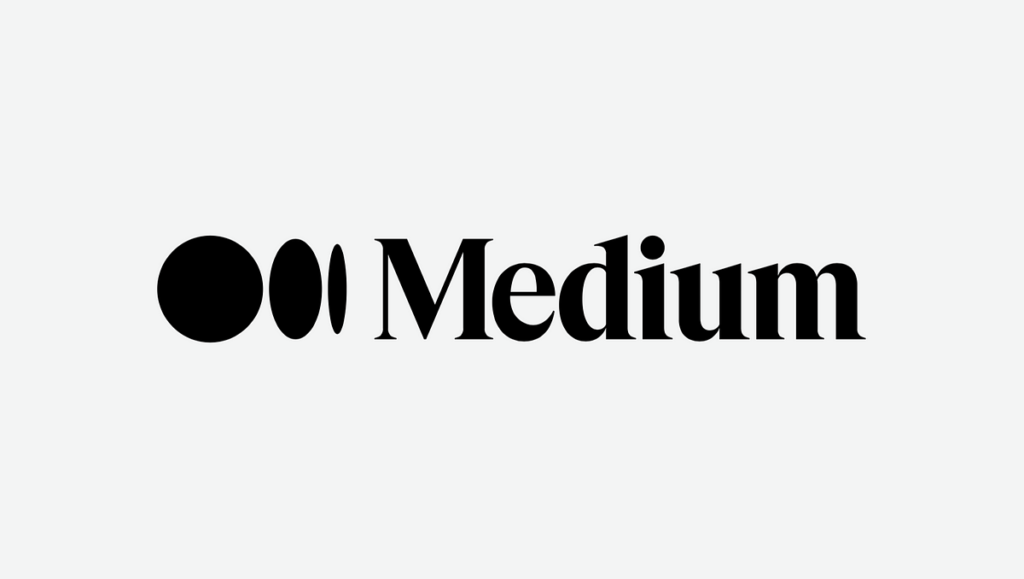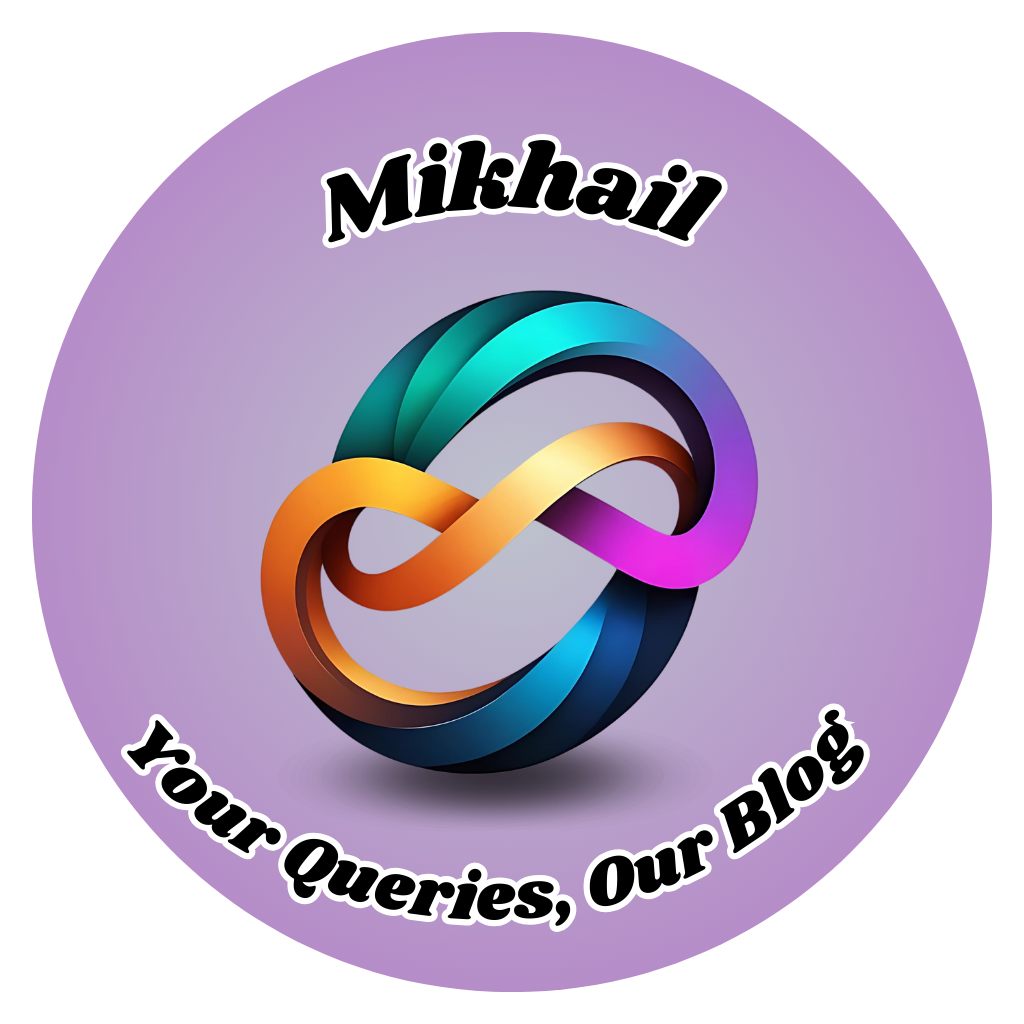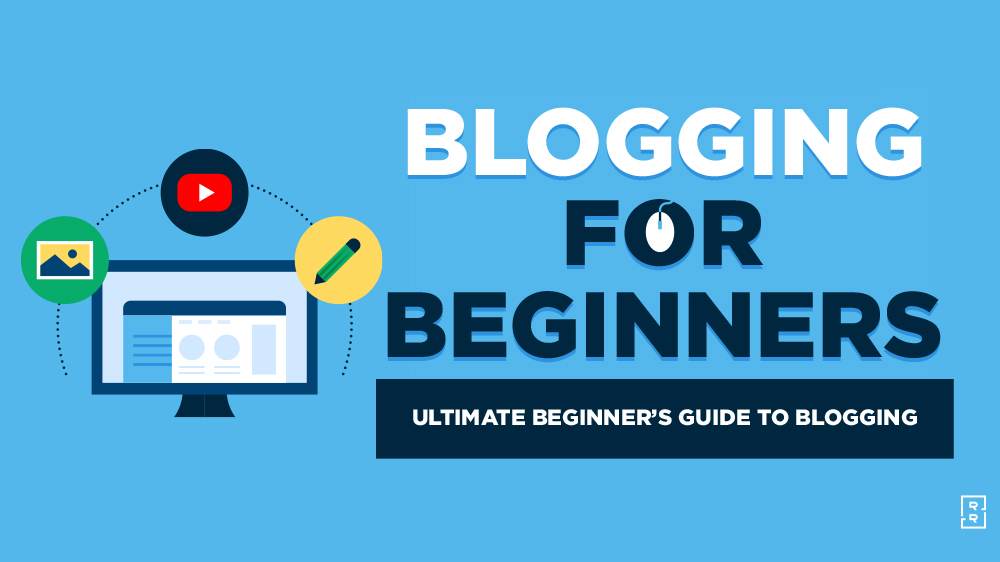| 1. | Introduction |
| 2. | Why Start a Blog? |
| 3. | Choosing a Blogging Platform
|
| 4. | Finding Your Niche |
| 5. | Setting Up Your Blog
|
| 6. | Creating Engaging Content
|
| 7. | SEO Basics for Bloggers
|
| 8. | Promoting Your Blog
|
| 9. | Monetizing Your Blog
|
| 10. | Maintaining and Growing Your Blog
|
| 11. | FAQ- Frequently Asked Questions |
1. Introduction
Hey there, Mikhail here! As a passionate writer and affiliate marketer, I know the importance of finding a niche in the vast world of blogging. My website, mikhailsoftapps.com, is a treasure trove of information on various topics, from tech gadgets to lifestyle tips and affiliate marketing insights. One of the critical steps to achieving success in blogging, and something I hold dear, is identifying and focusing on a niche that aligns with your interests and market needs. In this comprehensive guide, we’ll delve into the concept of finding your niche and provide actionable steps to help you carve out your unique space in the blogging world.
2. Why Start a Blog?
Blogging is an excellent way to share your thoughts, ideas, and expertise with the world. It allows you to connect with like-minded individuals, build a community, and even create a potential source of income. Whether you’re passionate about a particular hobby, want to promote your business, or simply enjoy writing, blogging can be a fulfilling and rewarding endeavor.
3. Choosing a Blogging Platform
The first step in starting your blog is choosing the right platform. There are several popular options available, each with its own set of features and benefits.

WordPress is the most popular blogging platform, powering over 30% of all websites on the internet. It offers a high degree of customization, a wide range of plugins, and a large community of users and developers. There are two versions: WordPress.com (hosted) and WordPress.org (self-hosted). The self-hosted version provides more flexibility and control.
Blogger, owned by Google, is a simple and free blogging platform that’s ideal for beginners. It’s easy to set up and use, but it lacks the advanced features and customization options of WordPress.


Medium is a platform designed for writers and bloggers who want to focus on content without worrying about technical details. It’s easy to use and has a built-in audience, but it doesn’t offer much in terms of customization or monetization options.
4. Finding Your Niche
Choosing the right niche is crucial for the success of your blog. A niche is a specific topic or area of interest that you will focus on in your blog. It should be something you’re passionate about and knowledgeable in, as this will make it easier to create engaging and valuable content. Additionally, a well-defined niche helps attract a dedicated audience who are interested in that particular subject.
5. Setting Up Your Blog
a. Selecting a Domain Name
Your domain name is your blog’s address on the internet. It should be easy to remember, relevant to your niche, and preferably short. A good domain name helps establish your brand and makes it easier for people to find your blog.
b. Choosing a Hosting Provider
A hosting provider is a service that allows your blog to be accessible on the internet. Some popular hosting providers for bloggers include Bluehost, SiteGround, and HostGator. Look for a provider that offers good performance, reliable customer support, and easy integration with your chosen blogging platform.
c. Designing Your Blog
The design of your blog plays a crucial role in attracting and retaining readers. Choose a clean, professional theme that aligns with your niche and brand. Make sure your blog is easy to navigate, mobile-friendly, and visually appealing. Customize your blog’s layout, colors, and fonts to create a unique and engaging user experience.
6. Creating Engaging Content
a. Understanding Your Audience
Before you start writing, it’s important to understand who your audience is and what they are looking for. Research your target audience’s interests, pain points, and preferences. This will help you create content that resonates with them and meets their needs.
b. Writing Compelling Posts
When writing blog posts, focus on providing value to your readers. Use a conversational tone, break your content into easily digestible sections, and use subheadings, bullet points, and images to enhance readability. Start with a strong introduction to grab your readers’ attention, and conclude with a clear call to action.
c. Using Multimedia
Incorporating multimedia elements like images, videos, infographics, and podcasts can make your blog posts more engaging and appealing. They help break up text, illustrate your points, and keep readers interested.
7. SEO Basics For Bloggers
a. Keyword Search
Keyword research is the process of identifying the terms and phrases that people are searching for related to your niche. Use tools like Google Keyword Planner, hrefs, and SEM rush to find relevant keywords with high search volume and low competition. Incorporate these keywords naturally into your blog posts to improve your search engine rankings.
b. On-Page SEO
On-page SEO involves optimizing individual blog posts to make them more search engine-friendly. This includes using keywords in your title, headings, and throughout your content, as well as optimizing meta descriptions, image alt tags, and internal links.
c. Off-Page SEO
Off-page SEO refers to activities outside of your blog that can improve its search engine rankings. This includes building backlinks from reputable websites, engaging with your audience on social media, and guest posting on other blogs.
8. Promoting Your Blog
a. Social Media
Promoting your blog on social media platforms like Facebook, Twitter, Instagram, and LinkedIn can help you reach a wider audience. Share your blog posts, engage with your followers, and participate in relevant groups and communities to drive traffic to your blog.

b. Guest Posting
Writing guest posts for other blogs in your niche can help you reach new audiences and build your authority. Look for blogs that accept guest posts and pitch them with unique and valuable content ideas.
c. Email Marketing
Building an email list allows you to connect with your audience directly and keep them updated on your latest blog posts. Offer a free resource, like an ebook or a checklist, to encourage visitors to subscribe to your newsletter.
9. Monetizing Your Blog
a. Affiliate Marketing
Affiliate marketing involves promoting products or services and earning a commission for each sale made through your referral link. Choose products that are relevant to your niche and provide genuine value to your audience.
b. Sponsored Posts
Sponsored posts are articles or reviews that you write on behalf of a company or brand in exchange for payment. Make sure to disclose any sponsored content to maintain transparency and trust with your audience.
c. Selling Products/Services
If you have your own products or services, your blog can be a great platform to promote and sell them. This could include ebooks, online courses, consulting services, or physical products related to your niche.
10. Maintaining and Growing Your Blog
a. Analytics and Metrics
Regularly monitoring your blog’s performance is essential for growth. Use tools like Google Analytics to track your traffic, user behavior, and other key metrics. This will help you understand what’s working and what needs improvement.
b. Content Calendar
A content calendar helps you plan and organize your blog posts, ensuring consistent publishing. It also allows you to align your content with important dates, trends, and events in your niche.
c. Community Engagaement
Building a strong community around your blog involves engaging with your readers through comments, social media, and email. Respond to their questions, seek their feedback, and create content that addresses their interests and needs.
11. FAQs: Frequently Asked Questions
Q: How often should I publish new blog posts?
A: The frequency of publishing new blog posts depends on your goals and resources. However, consistency is key. Aim to publish at least once a week to keep your audience engaged and improve your search engine rankings.
Q: How do I choose the right keywords for my blog posts?
A: Use keyword research tools to find relevant keywords with high search volume and low competition. Focus on long-tail keywords (phrases with three or more words) as they are often easier to rank for and more specific to user intent.


Hi, this is a comment.
To get started with moderating, editing, and deleting comments, please visit the Comments screen in the dashboard.
Commenter avatars come from Gravatar.